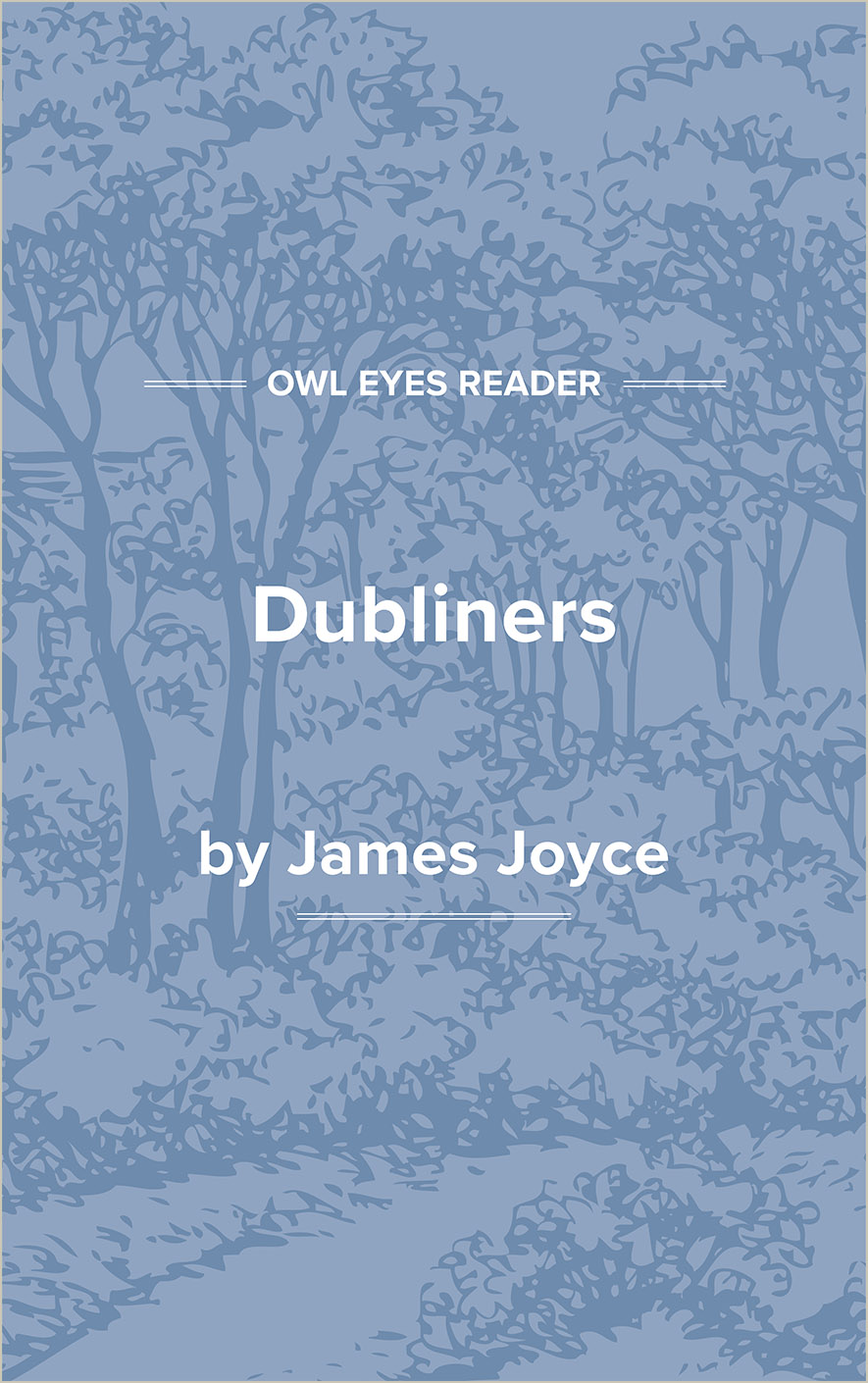Analysis Pages
Themes in Dubliners
Themes Examples in Dubliners:
The Sisters
🔒"July 1st, 1895..." See in text (The Sisters)
An Encounter
🔒"And I was penitent; for in my heart I had always despised him a little..." See in text (An Encounter)
"let you be Murphy and I'll be Smith..." See in text (An Encounter)
"He repeated his phrases over and over again, varying them and surrounding them with his monotonous voice..." See in text (An Encounter)
"they opened doors of escape..." See in text (An Encounter)
Araby
🔒"The upper part of the hall was now completely dark..." See in text (Araby)
"The Memoirs of Vidocq..." See in text (Araby)
"Mangan's sister..." See in text (Araby)
"The Abbot, by Walter Scott..." See in text (Araby)

